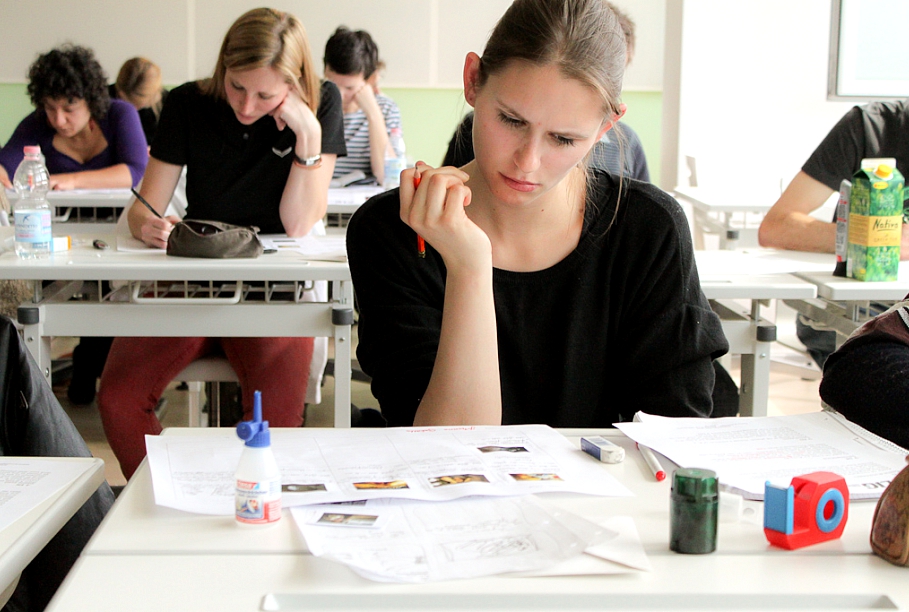LBK has appealed the council's decision at the Education Ministry. The ministry is to decide on or after December 10, but the college has said it will turn court should it not be granted accreditation - i.e, official recognition as a higher education body in Latvia.
Careless admission of foreign students, complaints about standards
Last year hundreds of Pakistanis applied to LBK, without however making it to Latvia.
The careless admission of foreign students, along with complaints about the quality of studies, communication problems and financial transactions were among the reasons why LBK's accreditation was reviewed.
"There were suspicions that it was not evaluated whether the [students'] language skills allow studying here," said Juris Zīvarts, head of the council's Monitoring Department.
"It made us suspicious that the idea is not to offer services in higher education but rather receive initial funding from students and not communicate with them afterwards," said Zīvarts.
Potential students don't know what they'll be studying
A €200 entry deposit for processing immigration documents prior to enrolling at LBK was asked from the students, regardless of whether they're accepted at the institution.
"This money is not paid back - it is written in all the agreements with the student," said LBK director Normunds Gūtmanis. The school is not responsible in cases where, for example, residency permits are not granted.
LBK has asked verifying about 2,577 documents, making 1,519 requests to Latvia's Academic Information Center, meaning potential students could have spent about €300,000 for the school's help in processing documents.
Most of the documents came from Pakistan (747), India (443), Bangladesh (431), Cameroon (266), Uzbekistan (156) and Kazakhstan (76).
Document checks revealed that almost 1,000 of the potential students did not have high school education while in 13 cases the documents were falsified altogether.
"In reviewing the visa requests of potential LBK students at the embassies, it was often found that they have very weak knowledge of foreign languages or had bad grades in their previous educational institutions. In many cases there was found a high risk of illegal immigration," the Foreign Ministry told De Facto.
While the Security Police - Latvia's interior police force - has refused almost 100 visa requests by foreigners from 'risk states' trying to apply to LBK. Even of the 58 students who did make it to Latvia, 44 were removed from the list of students by the end of the first year.
The Council of Higher Education decision to refuse accreditation is an unprecedented case.
"The opinion was that from the nine criteria none were met in full," said the council's chairman Jānis Vētra.
"Four were not met at all, and five only in part. [..] LBK acts like a for-profit company, not as a higher education institution," he said.
While LBK dean Gūtmanis says that the problems with foreigners have been solved and that the review had been ordered by some other, presumably interested party.
"The main reason [for the review] is foreigners. And the attempts to drag quality into this are unsuccessful," he said.






























